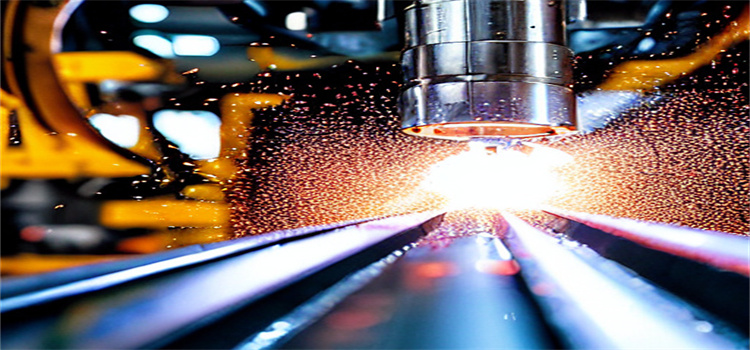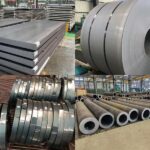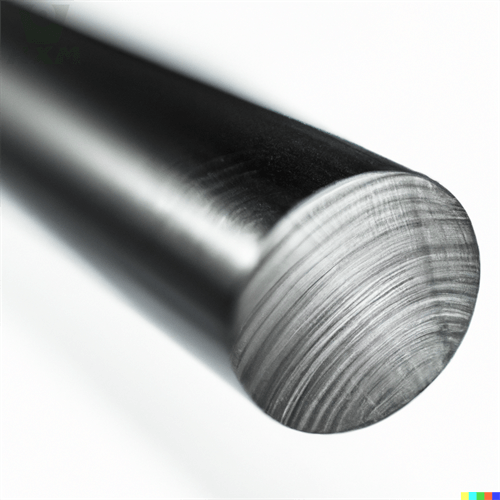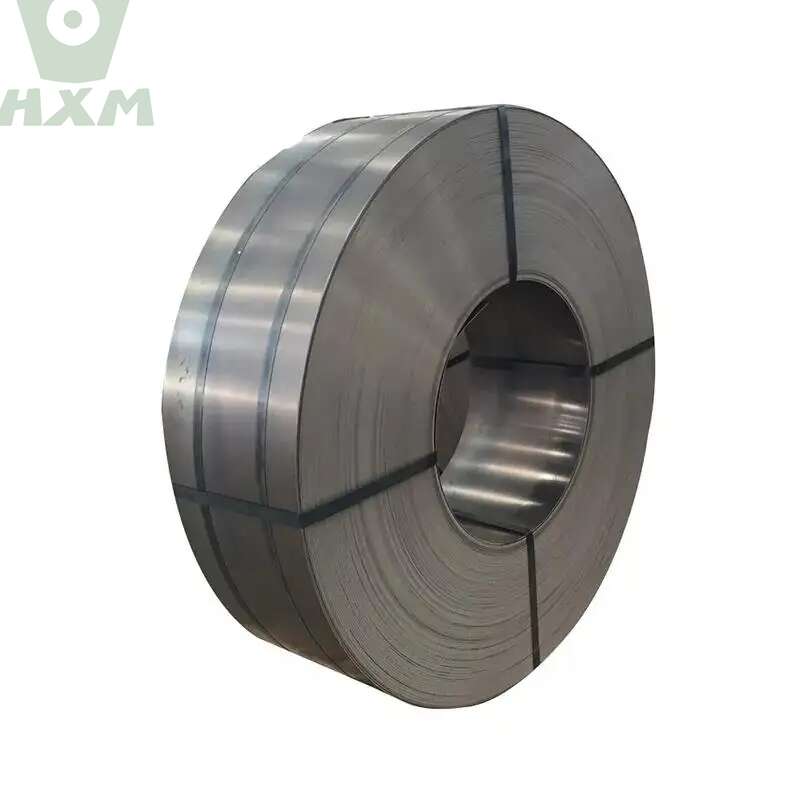In our daily lives, many seemingly ordinary items hide amazing technological content. Carbon steel pipes, a material we may often encounter but not fully understand, actually play a crucial role in many fields. Why is it so important? What unique properties does it possess? Let’s explore the mysteries of carbon steel pipes, understand their common applications in various fields, and how they affect and transform our lives.
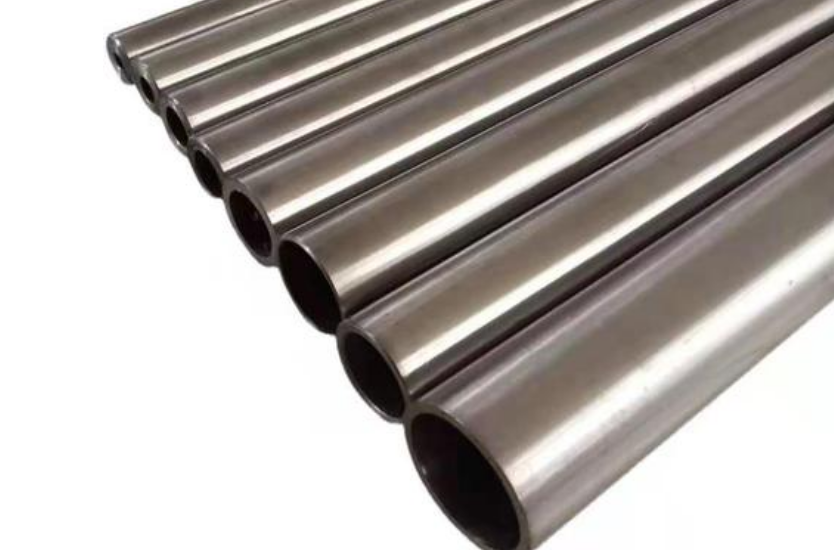
Overview of Carbon Steel Pipes
Carbon steel pipes are a versatile and robust material, widely used in various industries and applications. They are made from carbon-containing steel, which is processed to form seamless or welded pipes. Carbon steel pipes are known for their excellent mechanical properties, corrosion resistance, and economical cost, making them a popular choice for a range of piping systems. In this overview, we will explore the key characteristics of carbon steel pipes, their manufacturing process, and some common applications.
Carbon steel pipes are available in various grades and specifications, depending on the carbon content and other alloying elements added during production. The carbon content of steel determines its mechanical properties, such as tensile strength, yield strength, and impact resistance. By manipulating the carbon content and other alloying elements, manufacturers can tailor the properties of carbon steel pipes to meet specific application requirements.
The manufacturing process of carbon steel pipes involves several stages. The first step is the production of steel ingots or billets, which are solid blocks of steel that serve as the starting material for further processing. The ingots or billets are then heated to a temperature that allows them to be shaped into rough tubes through piercing or other forming processes. The rough tubes are then subjected to hot rolling or cold rolling to achieve the desired wall thickness and diameter. After rolling, the pipes may undergo additional processing such as annealing, quenching, and tempering to refine the mechanical properties.
Carbon steel pipes are used in various industries for a variety of applications. One common application is water transmission systems, where the pipes are used to convey water over long distances. The robustness and corrosion resistance of carbon steel pipes make them suitable for this application, as they can withstand the pressure of water transmission and resist corrosion from waterborne contaminants. In the oil and gas industry, carbon steel pipes are used for pipeline transportation of hydrocarbons. The pipes must withstand high temperatures and pressures and have good mechanical properties for this application.
Carbon steel pipes are also widely used in the construction industry. They are employed in building plumbing systems, where they provide a durable and reliable means for water supply and drainage. The pipes must be able to withstand the demands of building infrastructure, such as vibration, pressure, and temperature variations.
In the chemical industry, carbon steel pipes are used in process piping systems for handling corrosive chemicals. The corrosion resistance of carbon steel enables it to withstand the effects of corrosive chemicals, ensuring the safe transportation and processing of these materials.
In conclusion, carbon steel pipes offer a range of beneficial properties and are suitable for a variety of applications. Their robustness, mechanical properties, corrosion resistance, and economical cost make them a popular choice for piping systems in various industries. With their adaptability to different applications and industries, carbon steel pipes continue to play a crucial role in numerous infrastructure projects worldwide.
Properties of Carbon Steel Pipes
They possess a unique combination of properties that make them suitable for a wide range of applications. Some of the key properties include:
- Robustness and Strength: They have high tensile and yield strengths, which allow them to withstand significant pressure and loading. This makes them suitable for applications where strength and durability are essential, such as in piping systems for water, gas, or oil transportation.
- Corrosion Resistance: They are relatively resistant to corrosion, making them suitable for use in corrosive environments. However, they may require coatings or additional protective measures in severe corrosive conditions.
- Heat Resistance: They can withstand high temperatures, making them suitable for use in high-temperature applications such as steam transportation or heat exchangers.
- Dimensional Stability: Carbon steel pipes exhibit good dimensional stability, maintaining their dimensions under varying temperatures and pressures. This ensures consistent fluid flow and reduces the risk of leaks or pressure drops.
- Weldability: Carbon steel pipes are easy to weld, making them suitable for fabrication and repair of piping systems. The welding process ensures strong joints with minimal porosity or defects.
- Cost-Effectiveness: They are relatively economical compared to other materials such as stainless steel or titanium. This makes them a popular choice for cost-sensitive applications where durability and performance are satisfactory.
Common Applications of Carbon Steel Pipes
They are widely used in various industries due to their unique combination of properties, such as strength, durability, corrosion resistance, and cost-effectiveness. Some common applications of carbon steel pipes include:
- Oil and Gas Transportation: They are commonly used in the oil and gas industry to transport crude oil, natural gas, and refined products over long distances. They are also used in refineries and other processing facilities.
- Water and Wastewater Treatment: They are used in water and wastewater treatment plants to transport water, wastewater, and sludge. They are also used in irrigation systems and other water supply applications.
- Power Generation: They are employed in power plants to transport steam, water, and other fluids. They are also used in cooling systems and heat exchangers.
- Chemical Processing: They are suitable for use in chemical processing plants where they are exposed to corrosive chemicals. They are used to transport various chemicals, acids, and bases.
- Construction: They are widely used in construction projects, such as bridges, buildings, and roads. They are used for structural support, piling, and scaffolding.
- Automotive Industry: They are used in the automotive industry for various applications, including exhaust systems, fuel lines, and hydraulic systems.
Conclusion
Thank you for reading our article and we hope it can help you have a better understanding of the properties and common applications of carbon steel pipes. If you want to learn more about carbon steel pipes, we’d advise you to visit Huaxia Steel.
As a leading supplier of carbon steel products across the world, Huaxia Steel provides customers with a wide range of high-quality products such as alloy steel, tool steel, carbon steel, and carbon steel pipes for global markets at a very competitive price.

